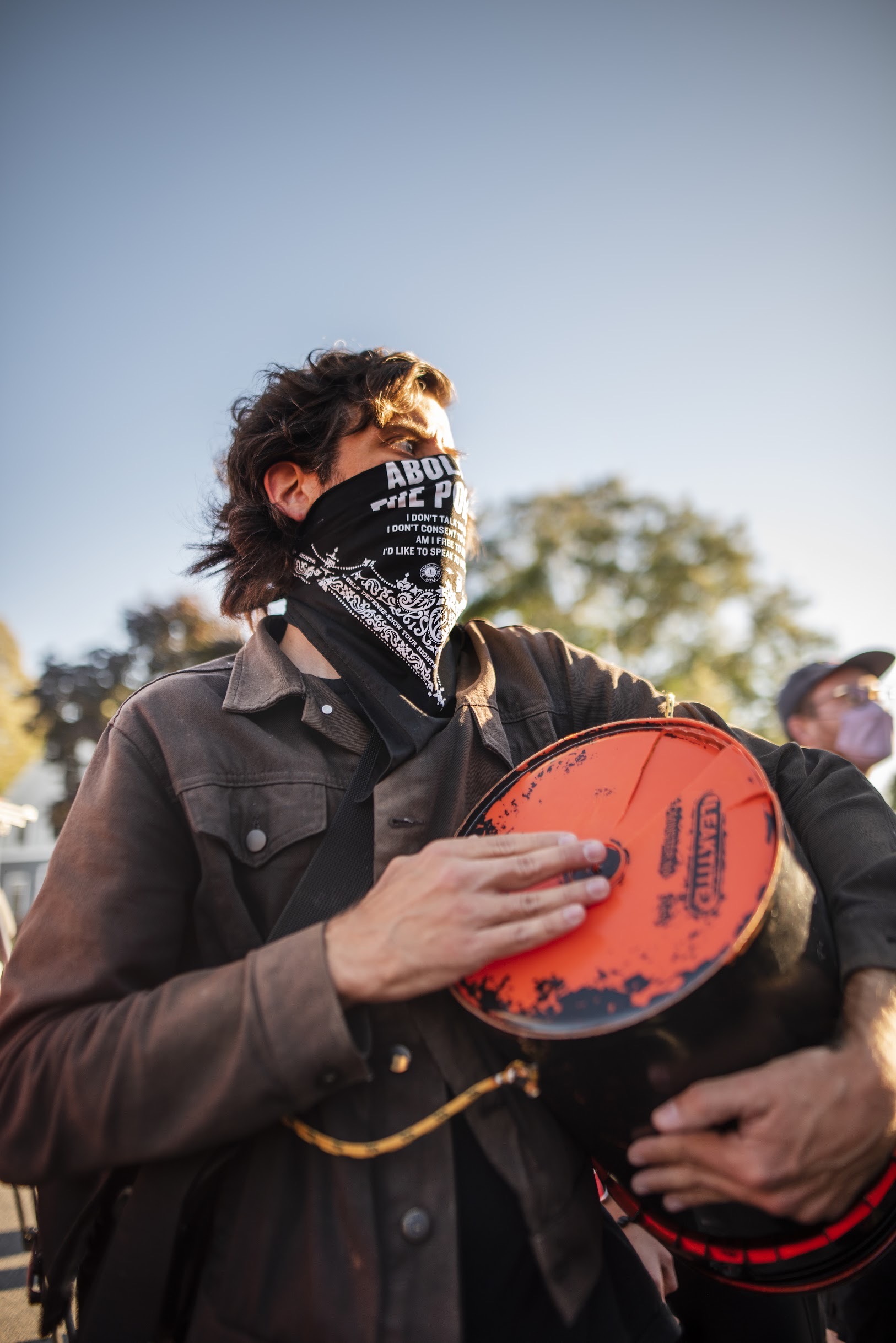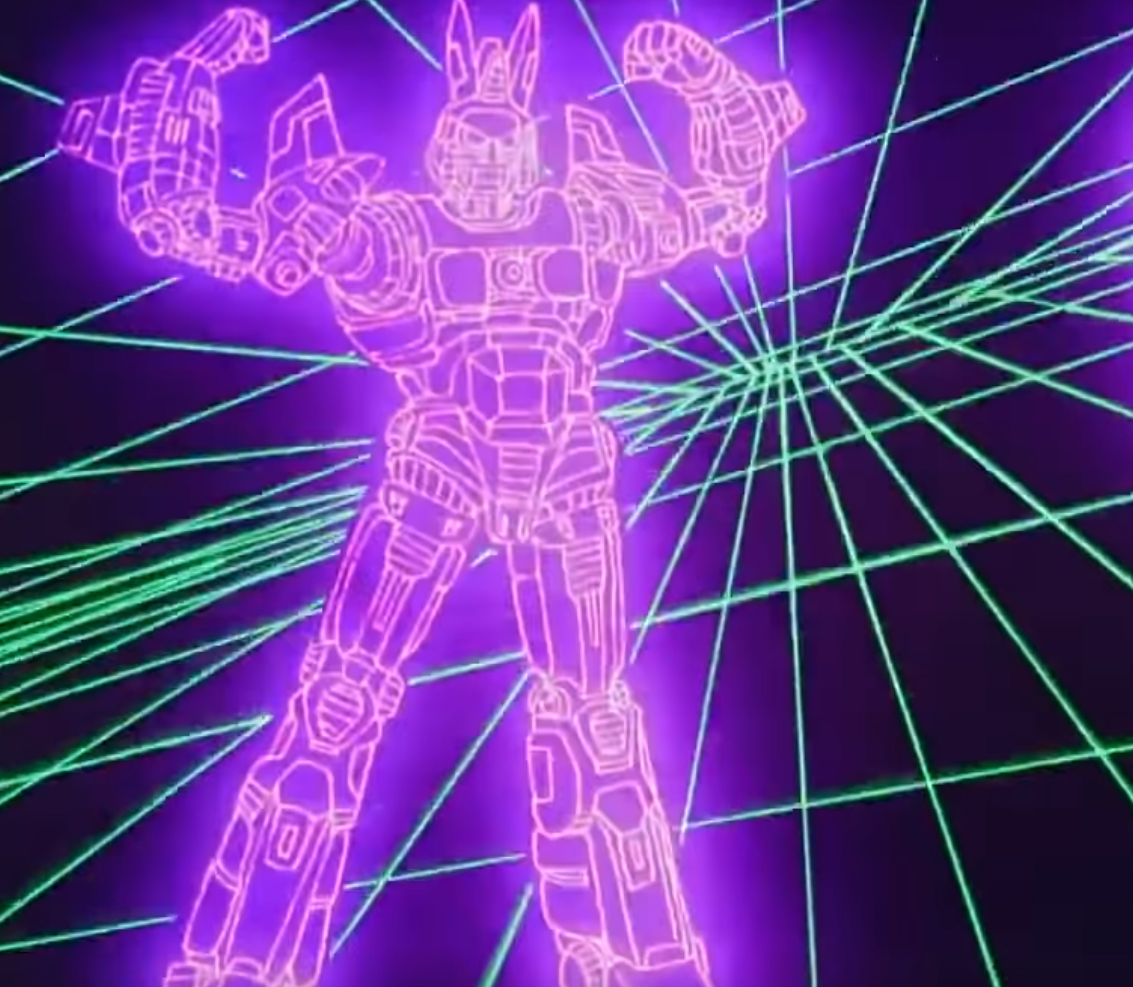GAZA – A man in the Gaza Strip is using solar panels to clean water for his neighbors – a seemingly small gesture that has large consequences at a time when the region is in the midst of a humanitarian crisis.
“Yesterday, I filled this car with clean water from the well, 6,500 liters, and distributed it among people in need of water,” Mohammed Assalia told ABC News. “Some people use these wheelchairs to transport the water they fill, which is kinda sad but it does the thing.”
As the resource becomes more scarce, Assalia said he is now looking for a way to reach more people in the most devastated area of the Gaza Strip, six months since Israel declared war on Hamas. The high costs involved with the project may hinder his ability to do so without help, he says.
“With the solar-powered well in my house, at least 1,000 people benefited and received clean water every day,” Assalia said. “Now people from other neighborhoods have come to use it and we’re trying to help more by operating as many wells as possible.”
It’s surprising that solar panels aren’t more widely deployed in the middle east, aside from the sand dunes in the deep regions of the desert, the place almost has the perfect conditions for the tech
I’ve heard a lot about Palestinians using solar to power several electronic devices in Gaza but it was primarily from Arab media sources like Al Jazeera. While this was on the much more corporate and mainstream news it was easy to miss without actively looking for it. You bring up a good point and I wonder if there’s more use of solar energy happening there, especially in dire conditions, that we’re missing out on as it’s not typically covered by major news sources. Hopefully we’ll be reading more stories like this in the future.
From my understanding the main reason why solar panels were so commonly imported to and so prized in Gaza in the last decade is because it’s the only way to ensure that you’ll reliably have power for at least some of the day to purify water, charge phones, etc… with how often the Israeli government cuts the power.
That’s a pretty accurate summary from my understanding as well, especially in times when the power is cut such as the current siege.
This is the comment that got me back out of lurking mode. Hi. Apologies if any of what I write goes against the Solarpunk ethos, it’s not something I know the details of, just the broad ideas.
So, the Middle East has a weird relationship with solar power. I will split this into two parts for two very different regions:
In the Gulf, solar installations have been gaining momentum as essentially vanity projects to show the world “Hey, look, we’re not all dependent on fossil fuels! Look at this n million dollar investment we made into solar power! We are actively participating to become more sustainable!”. I applaud any initiative to harness some of the sun’s free power, I think it’s not a net negative when they do this. But it is worth mentioning that these places really have no drive to push away from burning fuel for their main source of power. It literally comes out of the ground, of course it made sense to use it before all the money came in, but these solar projects are really just puff pieces. I am glad they are building these arrays but they certainly aren’t part of some solar revolution. If we want to look at sustainability more broadly, it’s not like the urban planning, transport infrastructure, or labor conditions are geared towards sustainability. This is a part of the world where sustainability is seen as a tech thing, hell, a tech feature. “Oh you like the environment? Your single-family home must have a dedicated Tesla charger!”. But the Gulf is its own thing. I do believe that since that part of the world is going to be dealing with the effects of climate change head-on, and they will be figuring out stuff like how to deal with microclimate management and so on. I’m not familiar with that kind of science, I want to be optimistic about something.
They do have to keep cleaning the panels though, it’s really dusty out there.
I cannot really speak for Palestine, but I do know about the relationship my country has with solar. I’m from Lebanon, a place with a climate very different from the Gulf (for now). You may remember from a few years ago we were in the news for a bunch of reasons: Record protests, economic meltdown, the whole port incident, all fun things. In 2021 I remember seeing articles pop out from western news outlets with “uplifting” stories about how many households in Lebanon are setting up rooftop solar. Sadly, those stories are not uplifting. Solar (PV) is not this great liberator that the average household is setting up to become more environmentally friendly or independent from the (very terrible) power grid/power mafia (let’s not get into the mafia thing or this comment would be 10x longer). Solar is something only the top 10 odd percent of households can afford, so it’s kind of given us one more layer of inequality here. Don’t get me wrong: my own household installed solar, at what for us is a significant financial investment, and I can tell you for a fact that for people here it is absolutely life-changing. I haven’t had 24/hour electricity in my lifetime, it’s really only something I saw in hospitals. My life is so much better, I can do things overnight thanks to battery storage, I don’t have to worry about how some appliances react to having their power taken away for anywhere between half a second to a few minutes. Things just work and it is amazing.
But the inequality angle I think is being lost on a lot of us, and I find myself forgetting that not everyone has electricity after midnight. We have never been particularly wealthy - I remember seeing photos of my friends on vacation abroad as a kid and asking my parents why that wasn’t something we would do - but now those same friends roll their eyes when I suggest we play one more round of a game at 11:50 PM. There’s a weird survivor’s guilt with being able to pay your way out of a problem. I’m a true believer in household solar, this isn’t just a “throw money at the problem” thing - my country runs on diesel and I hate it so much. The main power stations are ancient and inefficient, and have been converted decades ago (inefficiently) to burn diesel. The mafia generators that used to fill the gaps in power run on diesel. Heating runs on diesel. I hate the smell of diesel smoke interrupting the fresh mountain air, I hate the sound of generators in the street. I hate the generator mafia shaking us down monthly, and I hate them even more after they started pulling more dirty tricks after we installed solar. But this is so worth it, and it’s been worth every dollar (and dollars aren’t as easy to come by here). It has been a life changer for me and my family. If only we can generate water from the sun :p
I hate to make this a “woe is us, Lebanon has it really hard” comment, especially with the manmade hell that has been unleashed in Gaza, but yeah, the Middle East has different areas with different relationships with solar.
I also think Jordan has a PV manufacturing plant, I guess that’s nice.
This was really interesting, thank you for taking the time to write it out!
If you ever want to write about the generator mafia I’d love to read it, but also definitely no worries if not! Thank you for the perspective!
Well now Israel is going to target solar cells in the middle of cisterns and call it supply chain disruption.
What if Hamas drank that water? Can’t take that risk.
Wow solar panels in Gaza? I can’t believe Hamas has gone woke!!!
Prior to Oct 7, Gaza had one of if not the highest densities of rooftop solar panels in the world. The IOF has obviously reduced that through their bombing campaign. Hamas and being “woke” have nothing to do with this.
Next week be prepare to hear about Israel trying to blow up the sun.
That’s scarily accurate and funny like the Onion. Isn’t that what the machines did in the Matrix? Maybe this is how it all starts
Humanity did it to spite the machines, which is why the machines then turned humanity into batteries.
Or add solar cells to the list of targets for their AI system.
“creating clean water” from a well?
Dirty water goes in, clean water comes out. You can’t explain that!
doesn’t sound like its creating water to me. more like just pulling water out of the ground.
Yeah, I’d say it’s the power for the pump, including the extra power required to push the water through a decent enough filter for human consumption. They might also be using UV-light filtration of some kind in the process that needs it’s own power as well.









